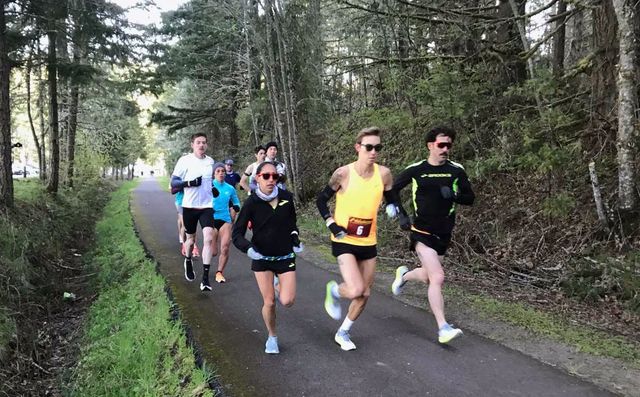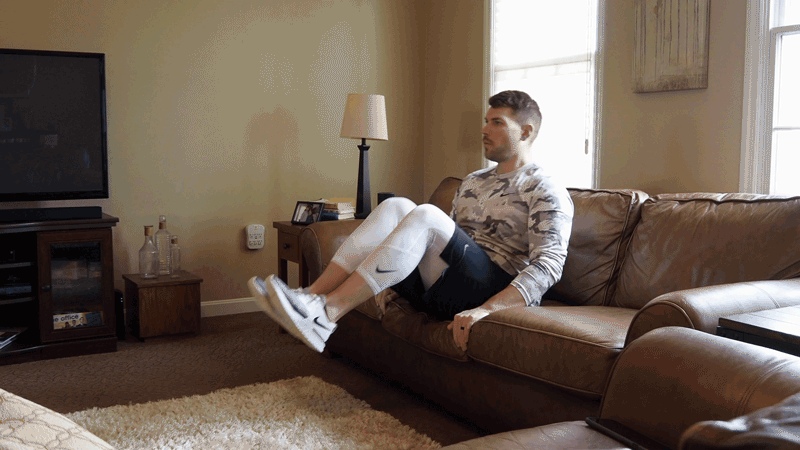From couch to ultra-marathon – a motivational intervention known as functional imagery training (FIT) can aid running challenge completion.
Mental imagery-

The following written content by University of Plymouth
A motivational intervention known as functional imagery training (FIT) can help self-professed non-runners to complete an ultra-marathon (50km plus), according to new research.
The study, led by the University of Plymouth, started by examining the motivation of 31 non-runners who wanted to get fitter, by giving them a recognised behaviour change technique, often used by counsellors, known as Motivational Interviewing (MI). Participants were then left for five months to do whatever they presumed would benefit their fitness and health. After this period all were contacted and asked if they would consider completing an ultra-marathon.

Fifteen participants went on to express an interest in attempting an ultra-marathon as they continued to improve their fitness. Seven were randomly assigned FIT, while eight continued with just MI.
MI is a technique that sees a counsellor support someone to develop, highlight and verbalise their need or motivation for change, and their reasons for wanting to change. Functional Imagery Training builds on MI, as it teaches clients how to elicit and practice motivational imagery themselves, with participants encouraged to utilise all their senses to visualise how it would feel to achieve their goal.
Of the eight participants in the MI only group, four started the race, and two finished. Meanwhile, all seven of the FIT group started, and six finished — showing that those assigned to the technique were five times more likely to complete the challenge.
While researchers acknowledge the small population size, the study, published in the Journal of Imagery Research in Sport and Physical Activity, adds to the growing body of evidence that FIT can significantly reinforce a person’s motivation to complete a challenging goal.
FIT has also previously been shown to boost weight loss, with another Plymouth-led study showing that overweight people who used it lost an average of five times more weight than those using motivational interviewing alone. Read from Science Daily.





